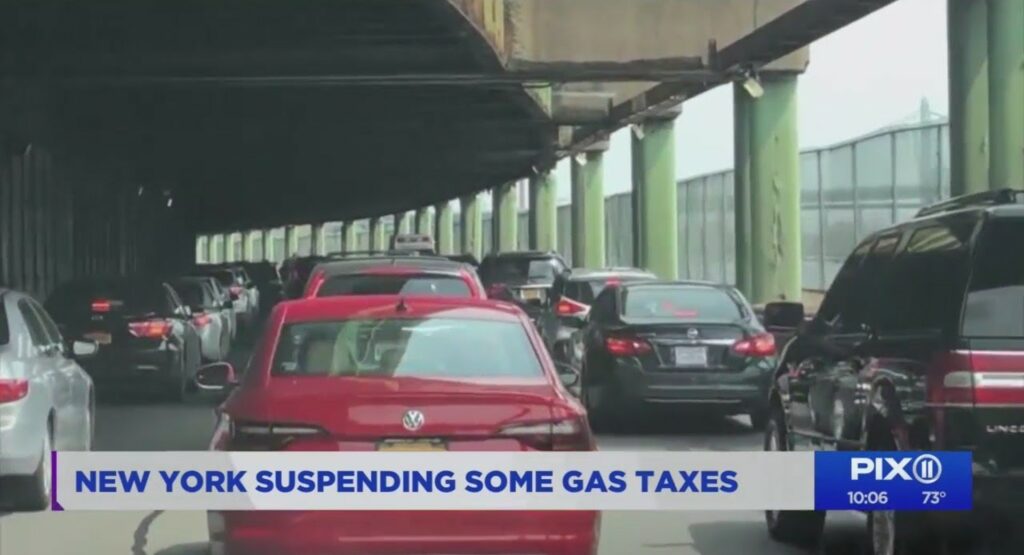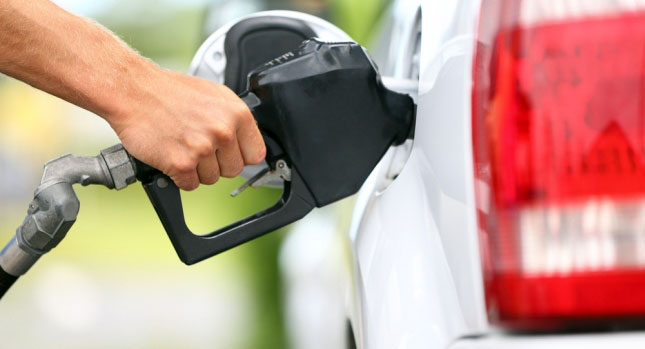New York lawmakers have taken a new step to reduce the amount that citizens are paying for gasoline and diesel. The state’s 16-cent tax on gasoline has been suspended for the remainder of 2022. It’s just the latest in a slew of other methods being used across the country in an effort to ease high gas and diesel prices.
16 cents might not sound like much when the national average is sitting at $4.67 but in New York, the average is sitting just shy of $5, at $4.93 per gallon. Every little bit will help motorists in a bind and state officials are encouraging local officials to do more if they can.
Some areas in New York have actually already been easing the pump pain in their own way. Suffolk and Nassau counties have capped their gas tax at $3. To clarify that, the cost of fuel isn’t taxed after and above that $3 mark.
Read Also: Prices For Used Fuel-Efficient Cars Rise By As Much As 60% As Fuel Prices Soar
CBSNews reports that counties like Rockland County have capped that tax at just $2. Other states have already taken similar, albeit not as lengthy action with Maryland being one of the first on March 18th to suspend its fuel tax for 30 days. That amounted to a savings of 36.1-cents on gasoline and 36.85-cents on diesel.
The same day Georgia Governor suspended fuel taxes through the end of May. All of these tax cuts are ultimately costing governments, and simultaneously saving citizens millions of dollars. Connecticut says that it’ll cost the state some $90 million.
Maryland expects to miss out on about $100 million and Florida, which plans a gas tax holiday throughout the month of October says that it’ll cost $200 million. While each of these states has a higher tax amount on fuel than New York, it’s the Empire state that will face the largest loss.
Its fuel tax cut will cost the state $585 million according to Governor Kathy Hochul. There’s even pressure on federal officials to suspend the national fuel tax of 18.3-cents per gallon. Depending on state tax suspensions and costs that could cut around .50 cents per gallon. Now, we wait to see if other states and maybe the federal government will follow suit.





